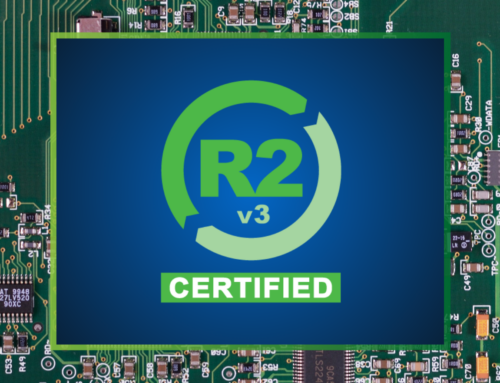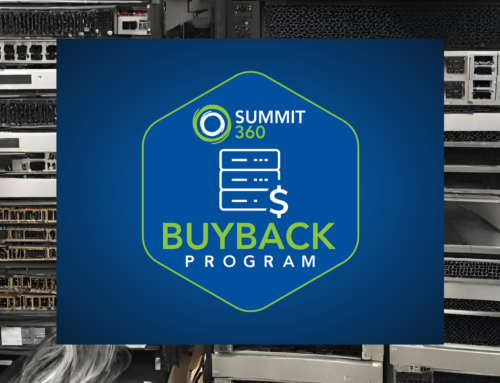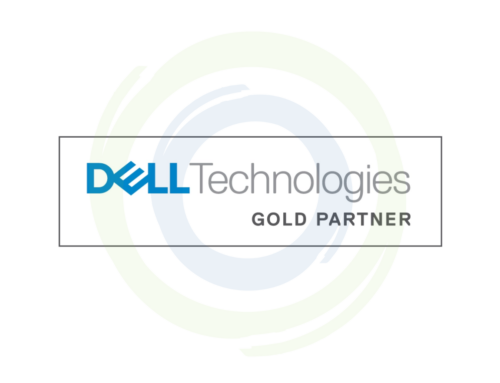No computer lasts forever, unfortunately. So, when you’re charged with disposing of your company’s outdated or non-functioning computers, it’s important that you do it right. There are a few things to keep in mind when disposing of PCs. Here are our recommendations for Do’s and Don’ts of computer disposal.
Do’s
The single most important thing to do is to protect your data. Here are few ways to do that:
- Do create a PC decommissioning checklist and ensure every item is checked off before marking the hardware as ready for disposal.
- Do run your plans of disposal past your accountants first. They will likely need to write off the hardware and record it as liquidated, donated, or recycled.
- Do perform an external backup and save all the files you want to keep. This can be done by:
- Saving your files to a cloud storage device
- Using a USB drive
- Using an external hard drive
- Transferring to a new computer
- Do overwrite or wipe the hard drive as many times as possible. Despite what you might have been told or what’s a common belief, doing this one time is simply not enough; the information might still be retrievable.
- Do remove the hard drive from the computer and physically destroy it.
- Do make sure to check any data security and disposal requirements, if applicable to you and your line of work.
- Do contact a professional data security and computer disposal company to perform the disposal tasks for you. This will help eliminate any company liability, as well as give you the peace of mind that everything was done properly.
- Do always use a reputable or certified computer disposal company to dispose of your old computers.

Don’ts
- Don’t forget to check with your employer first about any company data disposal policies.
- Don’t ever just throw your old computer equipment in the trash. Not only is this bad for the environment, but it’s also a great way for hackers to get easy access to your data.
- Don’t, once you’ve removed the hard drives, decommission them by degaussing them, drilling holes, or smashing them. This can be dangerous but also ineffective.
- Don’t just assume all of the data is removed from your computer just because you performed one reset. As we said above, once isn’t enough. Be sure to cover all of your bases and don’t forget to wipe it multiple times.
- Don’t keep all unnecessary, decommissioned PCs. While retaining some isn’t a terrible idea, as you might need them for parts when other PC problems occur, this should be a small number. Otherwise they’re just taking up space that could be used for something else.
- Don’t use a non-certified recycling company to help with your computer recycling needs.

This can be a lot to remember and even if you do remember it all, are you sure you disposed of your PCs properly? If you have questions about computer disposal or any other IT equipment, Summit can help. Let’s connect today.

For more in-depth insights on properly disposing of IT equipment, stay tuned for our upcoming blog post to get the proper steps and work to eliminate your risk and environmental impact.




